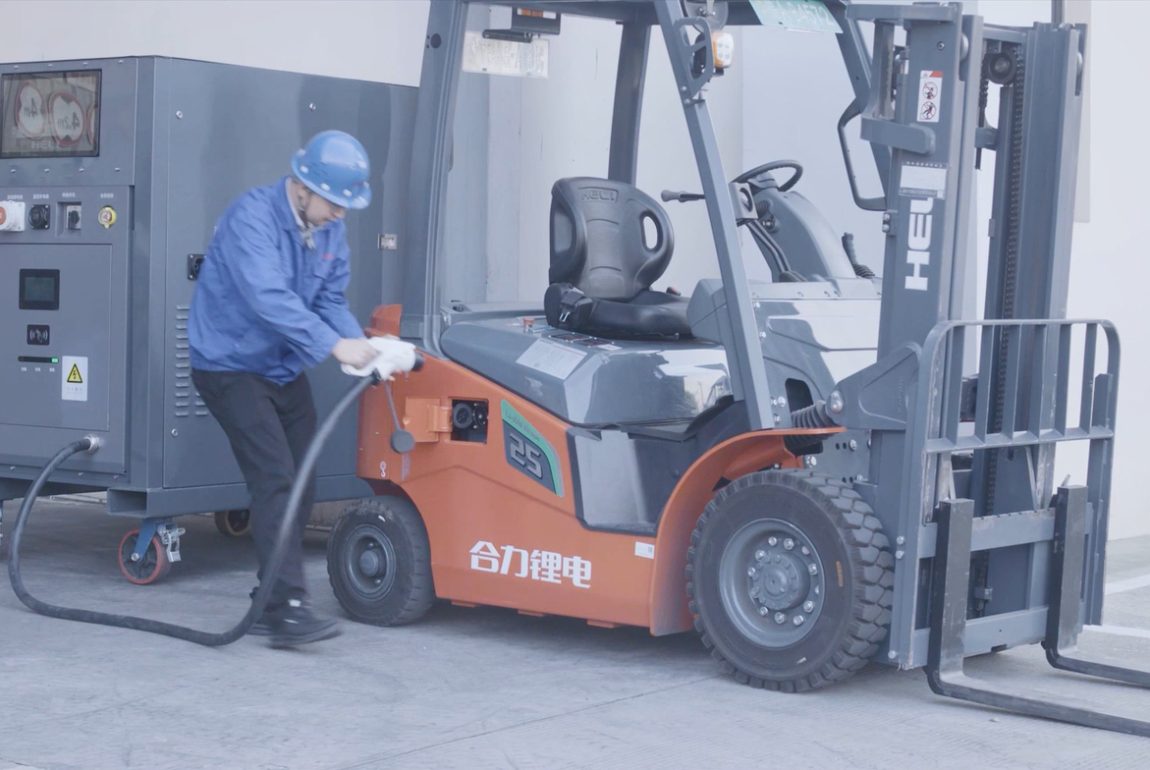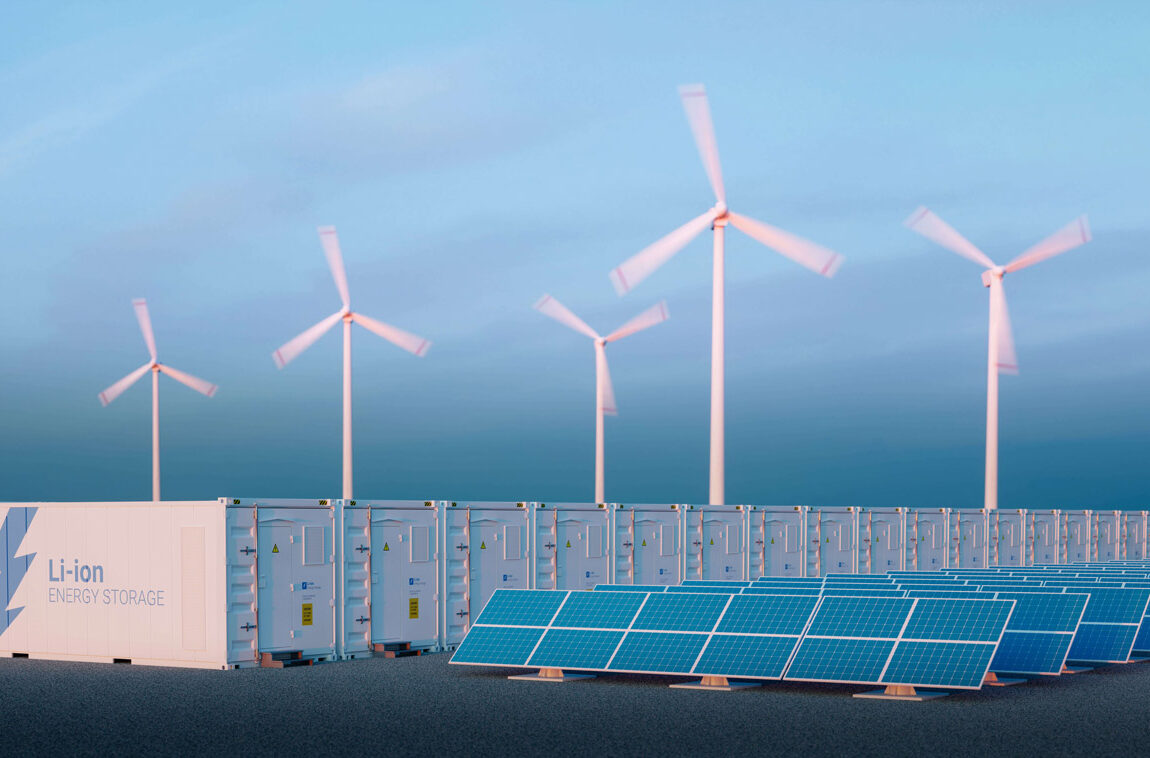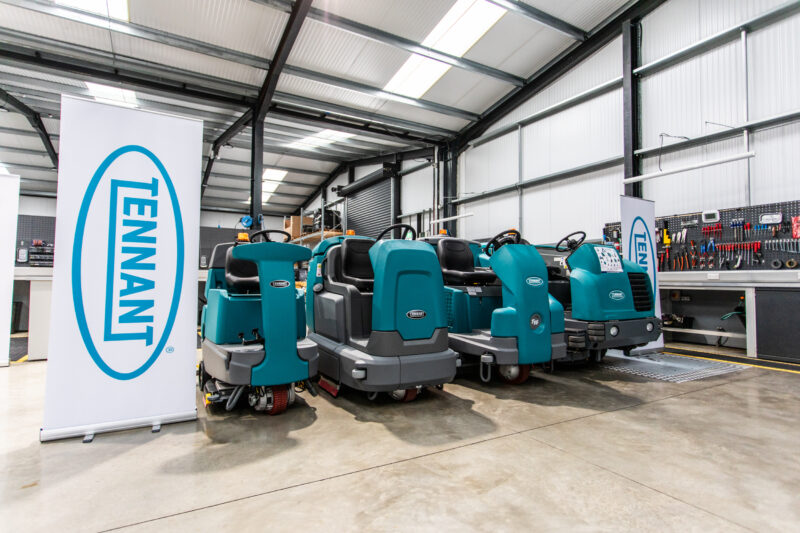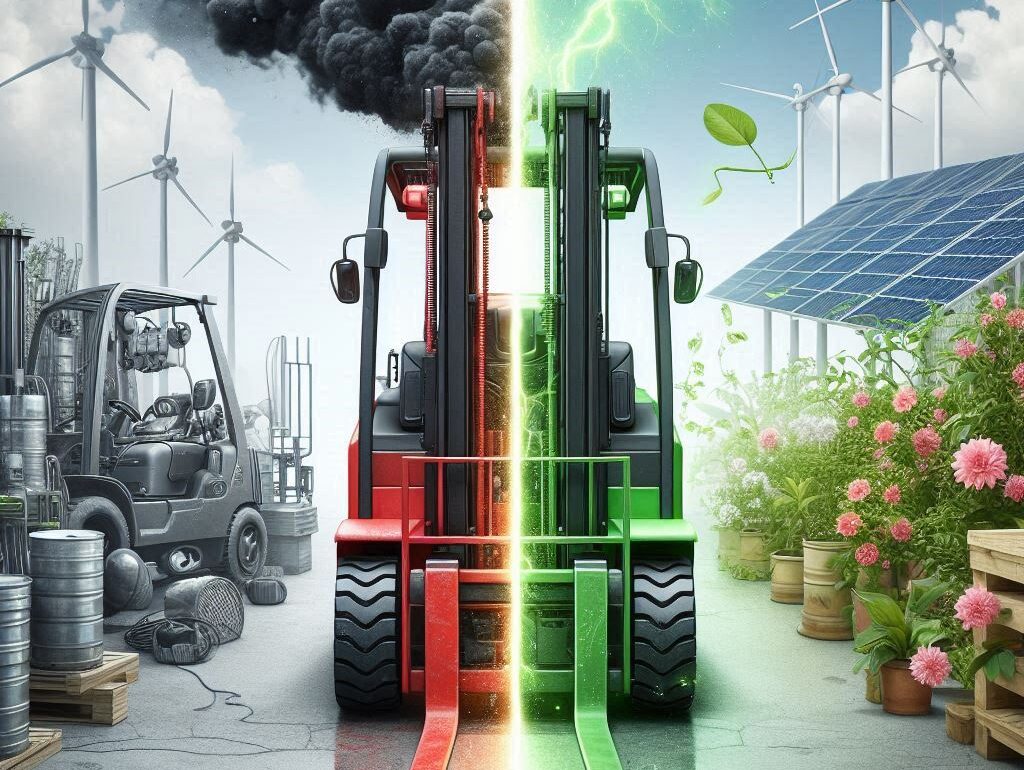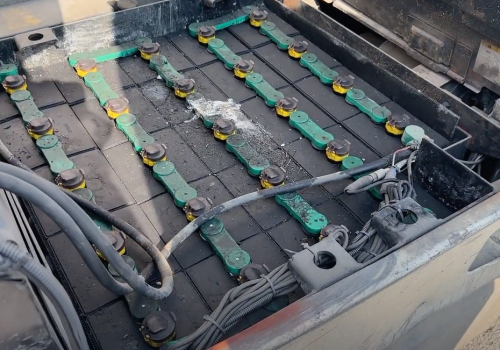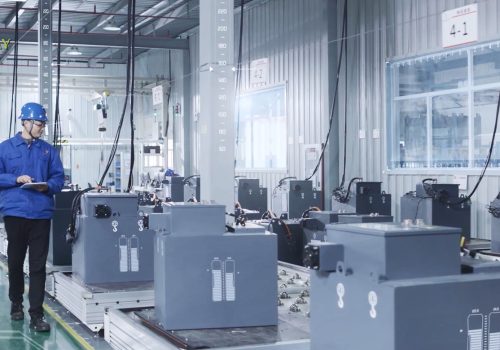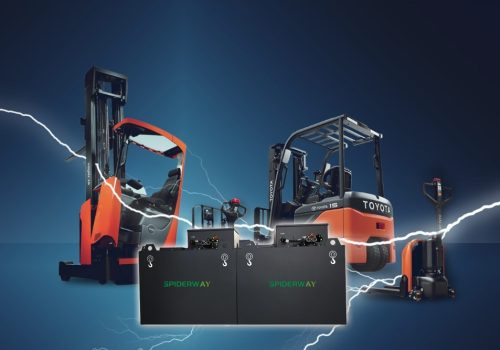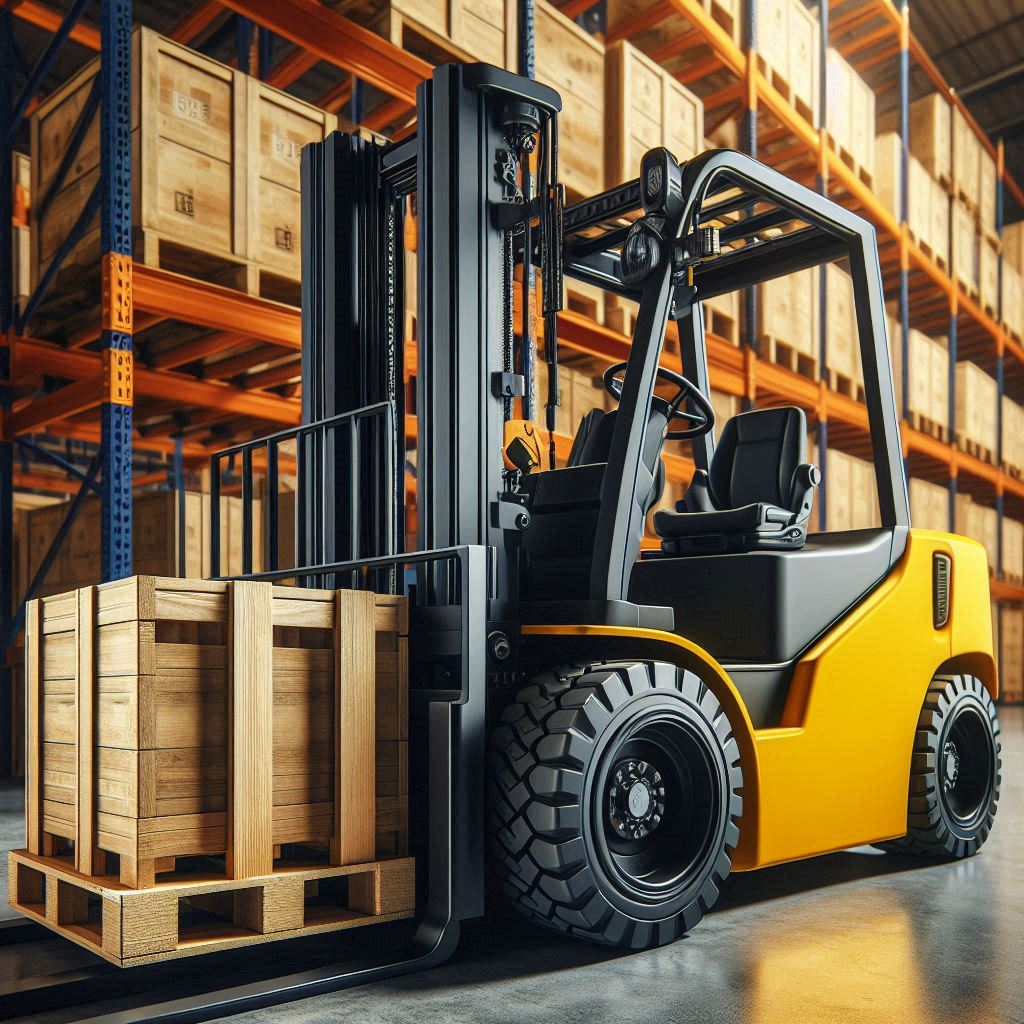
In the realm of material handling equipment, electric and gas-fueled forklifts serve as the two primary sources of power. Electric forklifts are powered by industrial batteries, while gas-fueled forklifts operate using internal combustion engines (ICE). The Occupational Safety and Health Administration (OSHA) recognizes several types of gasoline as usable, including:
- Liquid petroleum gas (LPG);
- Compressed natural gas (CNG);
- Gasoline; and
- Diesel.
Cost and Efficiency of Gas-Fueled Forklifts
Gas-fueled forklifts are prevalent due to their initial pricing and performance power, making them an indispensable tool for daily warehouse operations. However, there are several key considerations when comparing the overall efficiency of gas forklifts to electric ones:
- Pricing: A standard 5,000-pound capacity forklift can cost between $15,000 to $30,000. Gas forklifts have a lower upfront cost compared to electric forklifts, and replacement parts are readily available at reasonable prices.
- Versatility: These forklifts are robust and well-suited for outdoor use and heavy lifting. They can handle uneven terrain and harsh weather conditions, offering high maneuverability and superior speed and acceleration to electric forklifts. The lack of a need for charging means they can operate around the clock, with refueling being a quick and straightforward process.
Despite these advantages, the downsides of gas forklifts are significant:
- Gas Costs: With crude oil prices accounting for 71% of gasoline’s price and a steady rise in oil prices, the cost of operation can escalate quickly. According to a Statista annual report, the average oil price per barrel was $71 in 2018 in the United States. A standard gas forklift operates up to eight hours, necessitating frequent fuel purchases that can inflate a warehouse’s annual budget. Moreover, the absence of a built-in gas gauge makes it difficult to monitor fuel levels for timely refueling.
- Outdoor Use Limitation: Gas forklifts are noisy and unsafe for indoor use due to the high levels of carbon monoxide produced by exhaust fumes. Maintenance costs for these forklifts are also considerably higher than for electric ones.
- Parts Replacement Costs: The ICE has numerous parts that require replacement over time, and the variety of parts and fluids needed increase the risk of breakdowns, leaks, and spills. Regular maintenance is essential to keep a gas-fueled forklift in good working order, which can be cost-prohibitive for warehouses aiming to minimize expenses.
Advantages of SpiderWay Electric Forklifts
SpiderWay, with its headquarter in Hefei, Anhui—the heart of China’s lithium battery industry—brings a decade of experience in OEM/ODM lithium batteries to the table. As a leading global provider of industrial lithium battery energy solutions, SpiderWay’s customers span across the globe, with applications in forklifts, golf carts, aerial work platforms, and more.
Electric forklifts, powered by SpiderWay’s lithium batteries, offer several operational advantages:
- Long Battery Lifespan: With proper charging practices, an electric forklift’s battery can last up to five years.
- Low Maintenance Costs: The absence of an ICE means fewer parts to replace, resulting in lower maintenance costs. Even battery replacement can be cost-effective with used or rented batteries, and for some, renting may be cheaper than purchasing new.
- Ease of Maneuverability: The weight of the battery provides a stable counterbalance to the compact size of the forklift, enhancing maneuverability. Operation is simple with just an accelerator and brake pedal, and the lack of an engine rev-up process makes electric forklifts quiet and minimally disruptive to warehouse operations.
- IP54 and 67-Level Waterproof Capabilities: These batteries are built to withstand harsh conditions, with an IP54 rating for dust and water resistance and a 67-level waterproof capability, making them suitable for both indoor and outdoor applications.
- Wide Operating Temperature Range: SpiderWay batteries can function effectively in a broad temperature range, ensuring reliable performance in various climates and environments.
While electric forklifts have many benefits, there are some drawbacks:
- Price: A 5,000-pound capacity forklift can cost between $20,000 and $30,000, with an additional $5,000 for the battery and industrial charger.
- Charging Requirements: Electric forklifts operate for 8 hours but then require a full eight hours to recharge. Forgetting to charge the battery overnight can affect the next day’s operations. Purchasing extra batteries can be wasteful if they remain unused, and a battery charging station takes up valuable storage space.
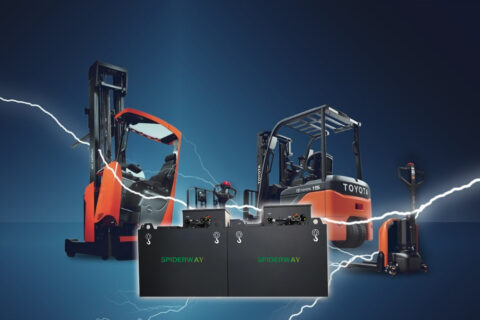 48V 304AH LiFePO4 lithium battery for KOMATSU Forklift FB20-12 Type
48V 304AH LiFePO4 lithium battery for KOMATSU Forklift FB20-12 Type- Product on sale
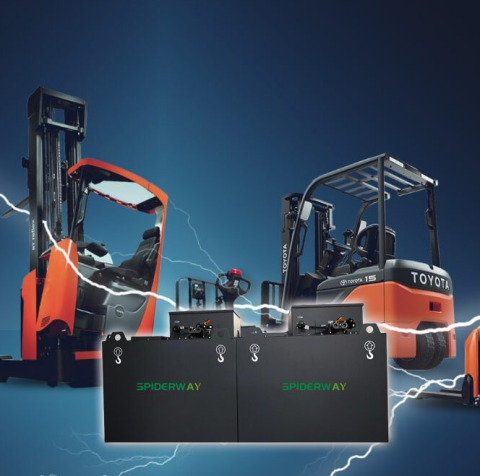 48V 404Ah LiFePO4 lithium battery for LIUGONG forkliftOriginal price was: $5,399.00.$5,318.00Current price is: $5,318.00.
48V 404Ah LiFePO4 lithium battery for LIUGONG forkliftOriginal price was: $5,399.00.$5,318.00Current price is: $5,318.00. - Product on sale
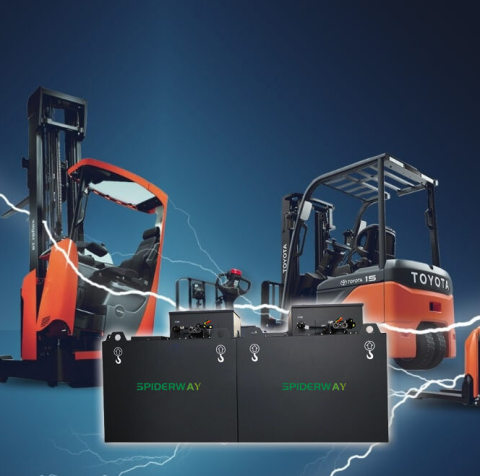 48V 606Ah LiFePO4 lithium battery for HELI forkliftOriginal price was: $7,999.00.$7,978.00Current price is: $7,978.00.
48V 606Ah LiFePO4 lithium battery for HELI forkliftOriginal price was: $7,999.00.$7,978.00Current price is: $7,978.00. - Product on sale
 80V 404Ah LiFePO4 lithium battery for HELI K2 3.5T forkliftOriginal price was: $8,399.00.$8,310.00Current price is: $8,310.00.
80V 404Ah LiFePO4 lithium battery for HELI K2 3.5T forkliftOriginal price was: $8,399.00.$8,310.00Current price is: $8,310.00. - Product on sale
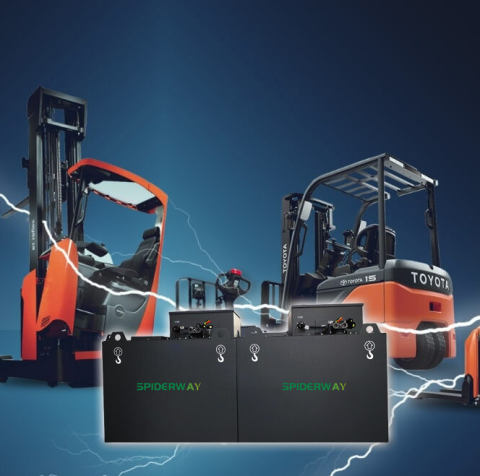 48V 404Ah LiFePO4 lithium battery for LIUGONG 2.5TforkliftOriginal price was: $5,399.00.$5,318.00Current price is: $5,318.00.
48V 404Ah LiFePO4 lithium battery for LIUGONG 2.5TforkliftOriginal price was: $5,399.00.$5,318.00Current price is: $5,318.00. - Product on sale
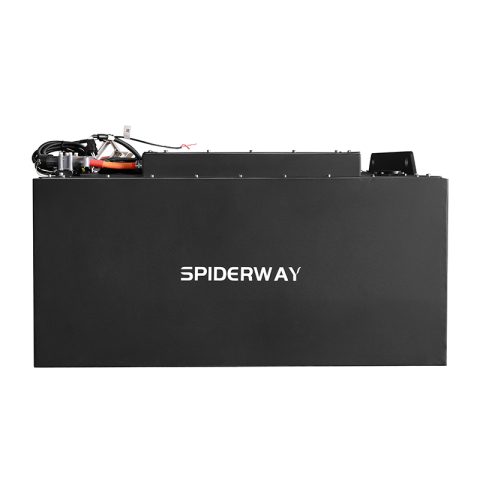 80V 544Ah LiFePO4 lithium battery for TOYOTA forkliftOriginal price was: $11,199.00.$11,190.00Current price is: $11,190.00.
80V 544Ah LiFePO4 lithium battery for TOYOTA forkliftOriginal price was: $11,199.00.$11,190.00Current price is: $11,190.00. - Product on sale
 48V 272Ah LiFePO4 lithium battery for LIUGONG forkliftOriginal price was: $3,599.00.$3,581.00Current price is: $3,581.00.
48V 272Ah LiFePO4 lithium battery for LIUGONG forkliftOriginal price was: $3,599.00.$3,581.00Current price is: $3,581.00. - Product on sale
 24V 202Ah LiFePO4 lithium battery for LINDE T20 forkliftOriginal price was: $1,399.00.$1,329.00Current price is: $1,329.00.
24V 202Ah LiFePO4 lithium battery for LINDE T20 forkliftOriginal price was: $1,399.00.$1,329.00Current price is: $1,329.00. - Product on sale
 48V 544Ah LiFePO4 lithium battery for HELI CPD20-F1 forkliftOriginal price was: $7,199.00.$7,162.00Current price is: $7,162.00.
48V 544Ah LiFePO4 lithium battery for HELI CPD20-F1 forkliftOriginal price was: $7,199.00.$7,162.00Current price is: $7,162.00.
The choice between electric and gas-fueled forklifts should be based on a warehouse’s specific needs, budget, and long-term operational goals. With SpiderWay’s high-quality lithium batteries, warehouses can achieve significant long-term cost savings while benefiting from a reliable, environmentally friendly, and safe material handling solution. For more information on how SpiderWay can optimize your warehouse operations, contact us today!
Author Profile

- https://tawk.to/chat/6228c78d1ffac05b1d7dc569/1ftnkn0nk
- SpiderWay LiFePO4 battery sales engineer with ten years of experience in industrial vehicle batteries, ready to answer any questions you may have about industrial LiFePO4 battery products.
Latest entries
Battery Charger KnowledgeNovember 15, 2024LFP (LiFePO4) Battery Charger Supplier from China: The Ultimate Solution for EV and Renewable Energy Applications
Industry NewsNovember 15, 2024China ESS Energy Storage Battery Manufacturers: Industry Development Data and Future Market Trends
Cleaning MachinesNovember 15, 2024Global Leading Cleaning Machines Brands & LFP Lithium Battery Solutions: Powering the Future of Cleaning Technology
Industry NewsNovember 15, 2024Embracing the Energy Transition for a Sustainable Future

